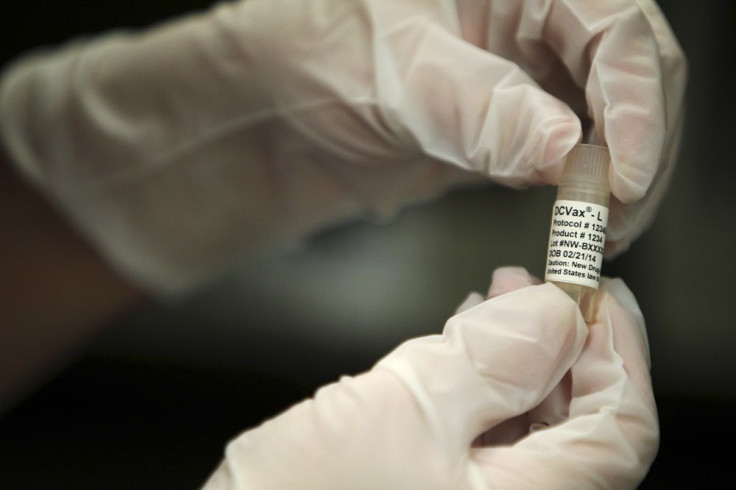Waste contributes to very high cost of cancer drugs in US; $3B worth thrown yearly

Single-dose vials with contents more than what cancer patients need is the reason behind the soaring cost of cancer medication. According to a new study, released on Tuesday, the unused cancer drugs in single-dose vials amount up to $3 billion (AUD$4.06 billion) worth of wastage annually.
The way single-dose cancer drugs are packed is deliberately done by pharmaceutical companies for leftover medication to be thrown away, reveals the research by Memorial Sloan Kettering Cancer Center (MSK). The study, published in BMJ, explains that despite being unused, the leftover drug is paid by the patient or insurers, artificially increasing the amount of drugs pharmaceutical companies sell per treated patient.
In a review of such waste by the top 20 selling cancer drugs caused by the practice, the scientists estimated that insurers paid the drug manufacturers $1.8 billion (AUD$2.44 billion) on discarded medication. That amount is beside the $1 billion (AUD$1.35 billion) price markups to medical centres and physicians, reports Fortune.
Since most cancer drugs are injected by needle, the amount used is carefully measured based on doctor instructions and the leftover thrown out over safety concerns. The report adds that there are cases when drug manufacturer make larger-vial sizes instead of smaller vials.
It cites as an example Keytruda, made by Merck’s, for metastic lung cancer and melanoma. In the US, it used to be sold in a 50-milligramme vials which was changed to a 100-milligramme vial, says Peter Bach, author of the study and director of MSK’s Center for Health Policy and Outcomes. He estimates that by shifting to bigger vials, Merck would earn an extra $1 billion over the next five years from sales and earn another $1 billion from the wastage for every 50 milligrammes unused.
To address the situation, the study recommended that regulators clarify rules on vial sharing since the Centers for Disease Control considers the practice unsafe, while the Centers for Medicare and Medicaid Services encourages it. The study notes that some doctors and hospitals sometimes use the leftover to treat another patient, but the practice is limited.
Safety Standards from the US Pharmacopeial Convention allow sharing if the leftover drug is used within six hours and only in specialised pharmacies. It also points out that the practice also happens in other ailments such as the asthma drug, omalizumab, which has approved doses of 75 milligrammes, but the drugmaker sells only 150-milligrame vials in the US although it has an approved 75-mg vial size.





















